AI research tools have transformed how students, academics, and professionals approach scholarly work, offering intelligent support at every phase of the research journey. From sourcing and summarizing academic papers to evaluating evidence quality and organizing references, modern tools can save hours while improving clarity and accuracy. In February 2026, the most effective platforms combine search across massive paper databases, paper-level summarization, extraction tables for literature reviews, and citation-backed Q&A — so you can move from “What’s out there?” to “What does the evidence actually say?” far faster. Whether you're building a literature review, writing a thesis, preparing a report for work, or organizing study materials, AI research tools provide structure and efficiency without sacrificing rigor. Many also include workflow features like PDF chat, claim-level citations, visual discovery maps, and export options that fit into common academic pipelines. This guide compares the most effective free and paid AI research tools to help you streamline your workflow, stay organized, and focus on what truly matters: understanding and contributing to your field of study.
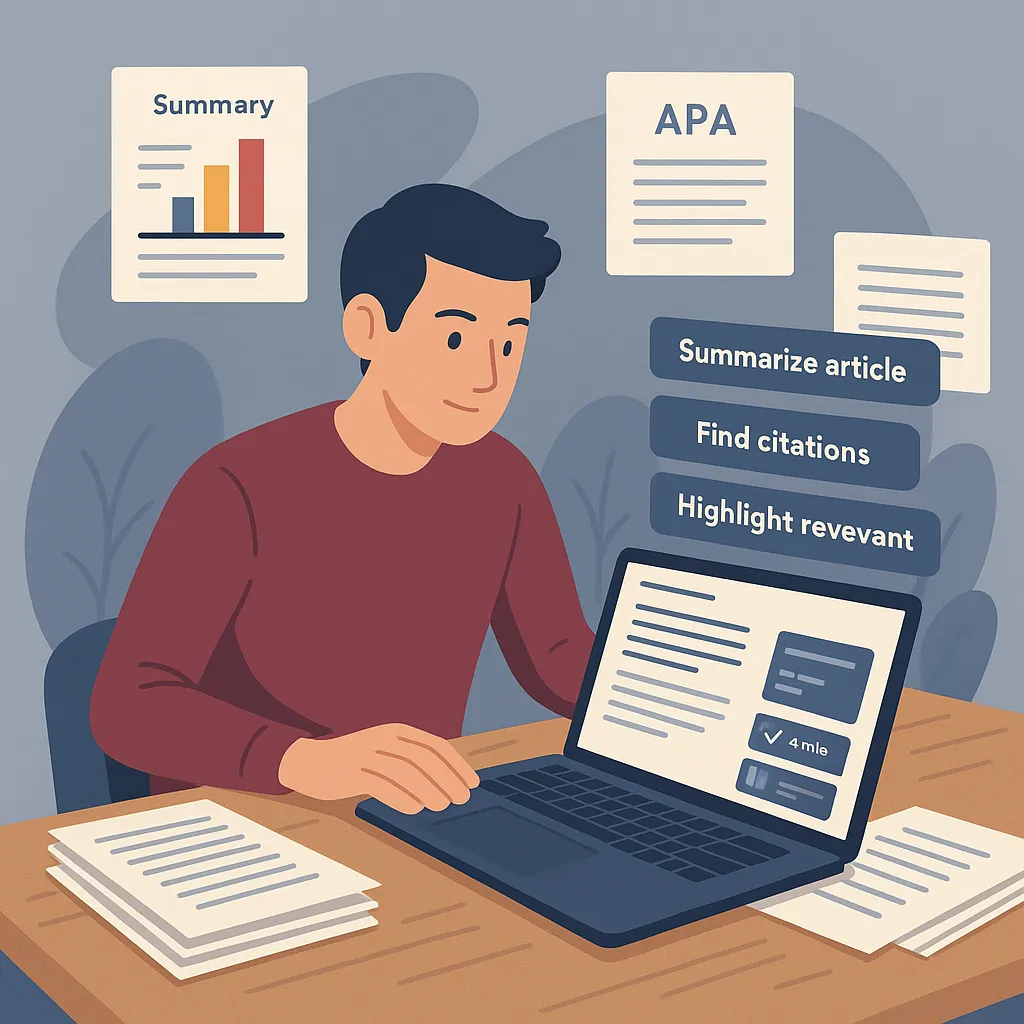
Best Paid AI Research Tools
| Rank | Tool | Strength | Price | Limits |
|---|---|---|---|---|
| #1 | Perplexity Pro | Fast, cited answers + deep web research workflow | $20/month | Usage limits vary by plan |
| #2 | Elicit Pro | Automates literature reviews & extraction tables | From $49/month | Higher tiers needed for large reviews |
| #3 | SciSpace Premium | Chat with PDFs + explain papers in plain language | From $12/month | Monthly usage limits by plan |
| #4 | Consensus Pro | Evidence-first research search across peer-reviewed studies | $15/month | “Deep search” allotments by plan |
| #5 | Scite (Personal) | AI answers backed by Smart Citations (supports/contrasts/mentions) | $12/month | Best features require subscription |
Perplexity Pro
Perplexity Pro is one of the best “research-first” AI tools in 2026 because it blends quick, readable answers with strong citation behavior and an experience designed around real-time information gathering. Instead of forcing you to manually open dozens of tabs, it helps you explore a topic through follow-up questions, source links, and iterative refinement — which is especially valuable when you’re scoping a new subject, collecting background sources, or validating claims quickly. It’s useful for academic and professional research alike, particularly when you want fast synthesis with clear pointers to the underlying material. For students, Perplexity Pro can speed up topic exploration and early literature discovery; for professionals, it’s a practical “research OS” for building briefs, reports, and evidence-backed summaries without losing traceability to sources.
Elicit Pro
Elicit Pro remains a gold-standard choice for literature review workflows because it goes beyond summaries and focuses on structured evidence extraction. You can start with a research question, collect relevant studies, and then build tables that pull out key details (like methods, outcomes, sample sizes, and findings) so comparisons become much easier. This is ideal for systematic-style reviews, scoping reviews, and any project where you need more than “here’s a summary” — you need an organized evidence grid you can actually work with. Elicit also helps reduce the cognitive load of paper triage by surfacing important sections and letting you quickly decide what’s relevant. If your research involves pulling consistent information from many studies, Elicit Pro can save a massive amount of time while improving organization and rigor.
SciSpace Premium
SciSpace Premium is an excellent option for researchers who spend a lot of time reading PDFs and want an interactive “explain this paper” experience. Its strengths show up when you’re dealing with technical jargon, dense methods sections, or unfamiliar terminology — you can ask questions directly about the document and get clearer explanations, definitions, and structured takeaways. This is extremely helpful for students, cross-disciplinary research, and fast comprehension during literature review sprints. SciSpace also supports workflows like summarization, section-level breakdowns, and finding key claims without scrolling endlessly. While usage limits depend on your plan, SciSpace Premium delivers strong value if your bottleneck is understanding papers quickly and accurately rather than simply finding them.
Consensus Pro
Consensus Pro is built for people who want research answers that stay anchored to peer-reviewed evidence. Instead of generic web synthesis, it focuses on pulling insights from scientific papers and presenting them in a way that makes the underlying support clear. This is especially useful when you’re answering “Does X work?” or “What does the literature say about Y?” and you want a quick, evidence-first view before diving deeper. In February 2026, Consensus continues to be a strong tool for academic discovery, health and science questions, and early-stage evidence scanning because it emphasizes scientific sourcing over speculation. If your priority is making claims responsibly — and being able to back them with real studies — Consensus Pro is one of the most practical upgrades you can make.
Scite (Personal)
Scite stands out because it doesn’t treat all citations equally — it helps you understand how a paper is cited, including whether later studies support, contrast, or simply mention it. That’s a huge advantage when you’re evaluating evidence quality, checking whether a claim is disputed, or avoiding the common trap of citing a paper that’s widely criticized or frequently contradicted. Scite Assistant adds an AI layer on top, letting you ask questions and get responses tied back to the scientific record with traceable references. This makes it especially valuable for dissertation work, clinical or policy research, and any academic writing where you want stronger citation hygiene. If you care about credibility and want a clearer picture of how findings hold up across the literature, Scite is a top-tier research companion in 2026.
Best Free AI Research Tools
| Rank | Tool | Strength | Limitations |
|---|---|---|---|
| #1 | Elicit (Free) | Paper discovery + basic summaries and workflows | Free tier limits for reports/extractions |
| #2 | SciSpace (Free) | Ask questions about papers and PDFs | Limited monthly usage on free plan |
| #3 | Consensus (Free) | Evidence-based academic search engine | Pro features and deeper searches are gated |
| #4 | Connected Papers | Visual maps of related studies and citation neighborhoods | Free plan allows limited graphs per month |
| #5 | ResearchRabbit (Free) | AI-assisted discovery + saving/organizing paper networks | Some advanced features/projects locked behind RR+ |
Elicit (Free)
The free version of Elicit is one of the most useful starting points for AI-assisted research because it helps you move from a question to a set of relevant papers quickly. You can explore topics, surface studies you might not find through traditional keyword searches, and get lightweight summaries that help you triage what’s worth reading in full. For students, Elicit (Free) is particularly valuable when you’re starting a literature review and need to map the landscape before committing time to deep reading. While the free tier has limits on automated reports and extraction-style workflows, it still delivers real value for casual exploration and early-stage evidence gathering. If you want a research tool that feels “built for papers,” Elicit is a smart free pick.
SciSpace (Free)
SciSpace’s free plan is ideal when your biggest challenge is understanding what a paper is actually saying. It lets you ask natural language questions about academic content and get clearer explanations, which is especially helpful for dense methods, unfamiliar terminology, or complicated results sections. It’s a strong companion for studying, preparing for assignments, or quickly clarifying confusing passages without losing context. While free-tier usage is limited compared to Premium, SciSpace (Free) still provides a practical “interactive reading” experience that can save time and reduce frustration. If you regularly read academic PDFs and want quick comprehension help, SciSpace is one of the best free research tools available in 2026.
Consensus (Free)
Consensus is a great free option if you want research discovery that stays anchored to peer-reviewed literature rather than general web content. It’s particularly useful for questions where you want a scientific signal quickly — for example, determining whether evidence supports a claim, exploring what researchers generally find about an intervention, or spotting the key themes in a research area. The free version gives you a meaningful taste of the platform’s evidence-first approach, while Pro tiers unlock deeper searching and expanded features. For students and professionals who want a more “science-grounded” starting point than a generic search engine, Consensus (Free) is a strong addition to your toolkit.
Connected Papers
Connected Papers is an innovative tool for exploring academic literature through visual maps rather than endless lists of search results. You can enter a key paper (or DOI), and it generates a graph of closely related studies, helping you discover foundational work, adjacent research threads, and follow-on papers that cite similar sources. This is especially useful when you’re entering a new topic area and want a fast mental model of how the literature clusters together. The free tier supports a limited number of graphs per month, which is usually enough for most students and casual researchers. If you’re a visual learner or you want to find “what to read next” without guesswork, Connected Papers is one of the most helpful free research tools available.
ResearchRabbit (Free)
ResearchRabbit is a powerful free research discovery tool that helps you build and explore networks of papers, authors, and citations in a way that feels more like “research navigation” than simple search. It’s great for literature reviews because you can start with a handful of seed papers and then expand outward, saving what matters and organizing it into projects. This workflow makes it easier to identify influential authors, trace important citation paths, and keep track of how a topic evolves over time. While the free plan is very capable, some advanced features and higher-scale project needs may require RR+. For most students and independent researchers, ResearchRabbit (Free) is still one of the best no-cost options for turning paper discovery into an organized, repeatable process.
Rankings
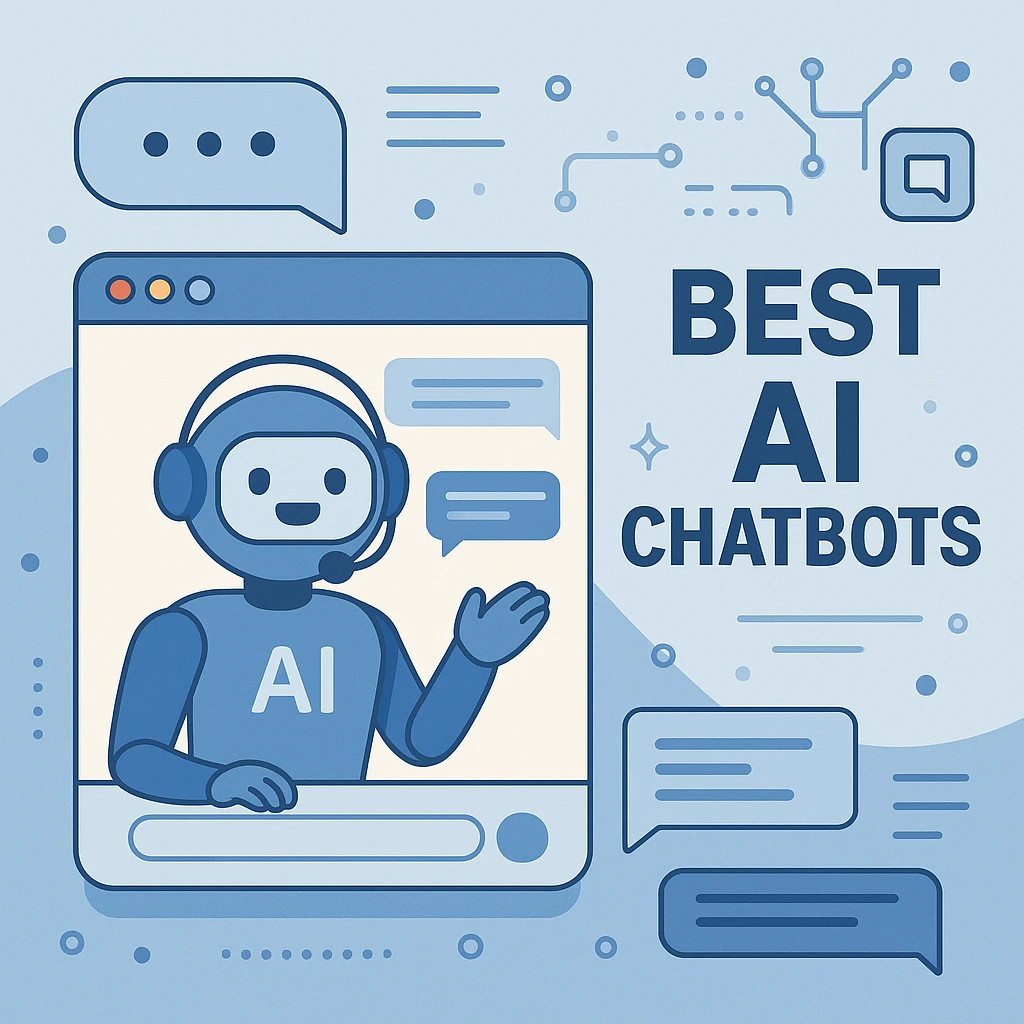
Chatbots
AI chatbots have quickly evolved from simple assistants into powerful, multi-purpose tools used by millions of people every day...

Image Generators
AI image generators are revolutionizing the way creatives, marketers, and developers produce visual content by transforming text prompts into detailed, customized...

Writing Assistants
AI writing assistants have become indispensable tools for anyone who writes — from students and bloggers to business professionals and marketers...

Deepfake Detection
As deepfake technology becomes more advanced and accessible, detecting AI-manipulated content is now a critical challenge across journalism, education, law, and...

Productivity & Calendar
AI productivity and calendar tools have become essential for professionals, entrepreneurs, and students looking to make the most of their time without getting overwhelmed...
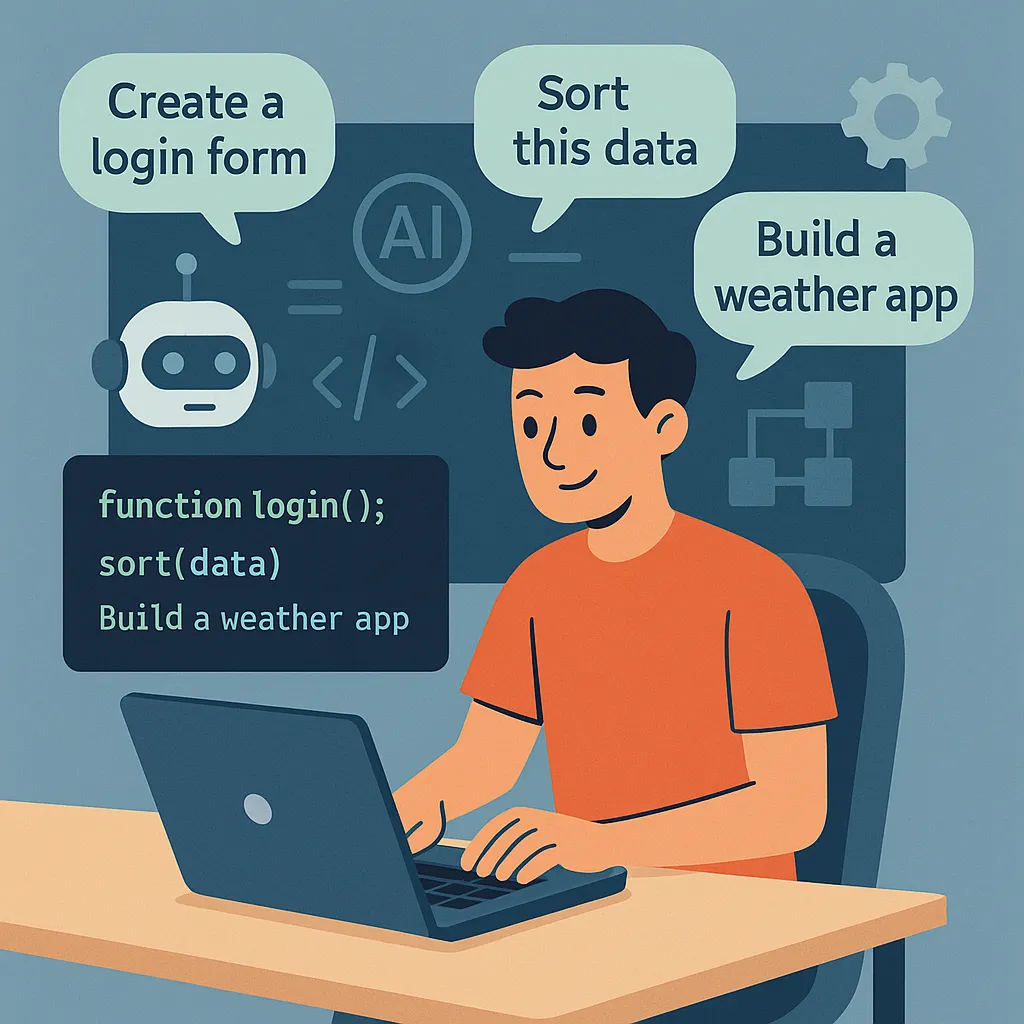
Natural Language To Code
Natural language to code tools are transforming software development by enabling users to build apps, websites, and workflows without needing advanced programming...
Blog
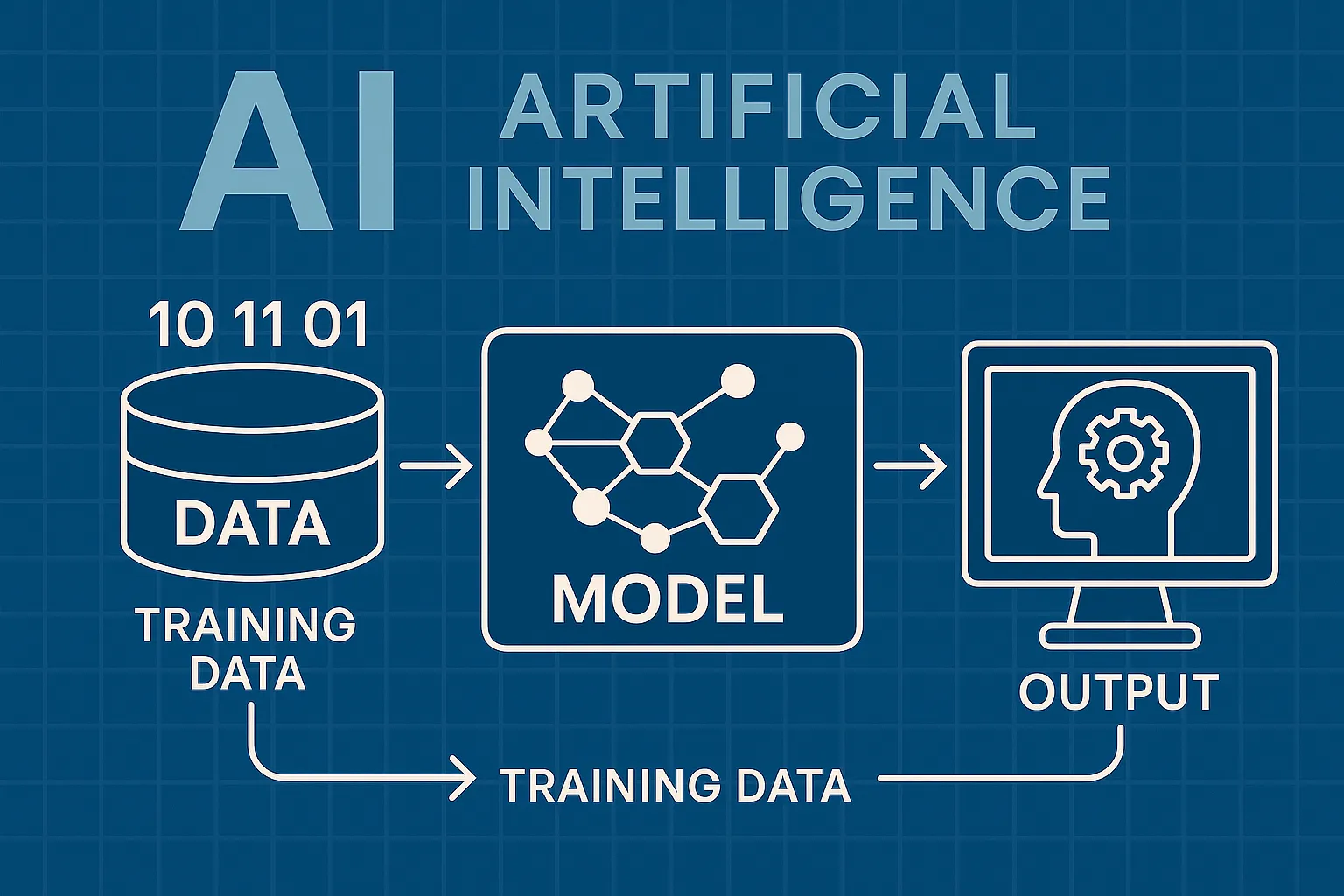
How AI Actually Works
Understand the basics of how AI systems learn, make decisions, and power tools like chatbots, image generators, and virtual assistants.

What Is Vibe Coding?
Discover the rise of vibe coding — an intuitive, aesthetic-first approach to building websites and digital experiences with help from AI tools.
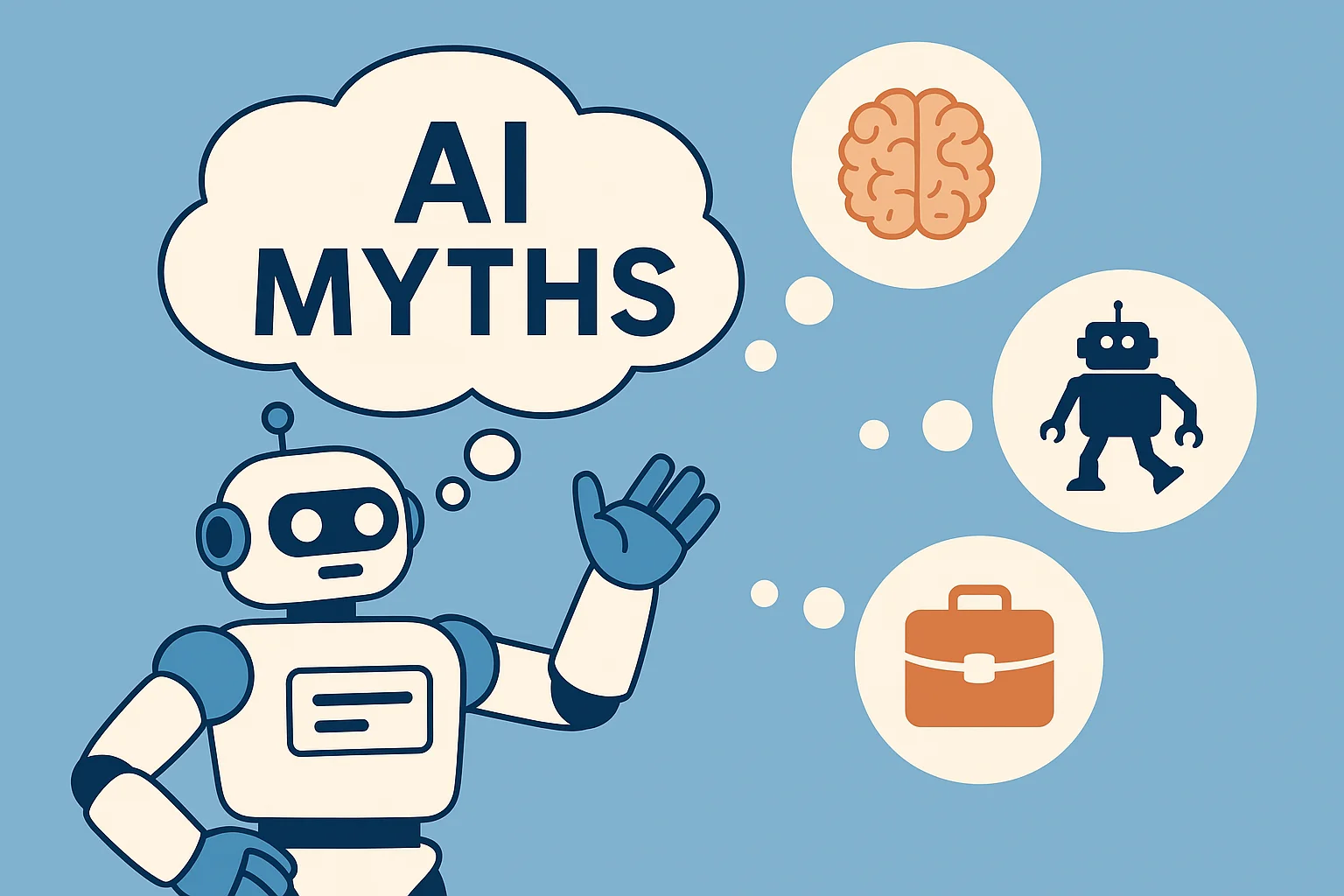
7 Common Myths About AI
Think AI is conscious, infallible, or coming for every job? This post debunks the most widespread misconceptions about artificial intelligence today.

The Future of AI
From generative agents to real-world robotics, discover how AI might reshape society, creativity, and communication in the years ahead.

How AI Is Changing the Job Market
Will AI replace your job — or create new ones? Explore which careers are evolving, vanishing, or emerging in the AI-driven economy.

Common Issues with AI
Hallucinations, bias, privacy risks — learn about the most pressing problems in current AI systems and what causes them.